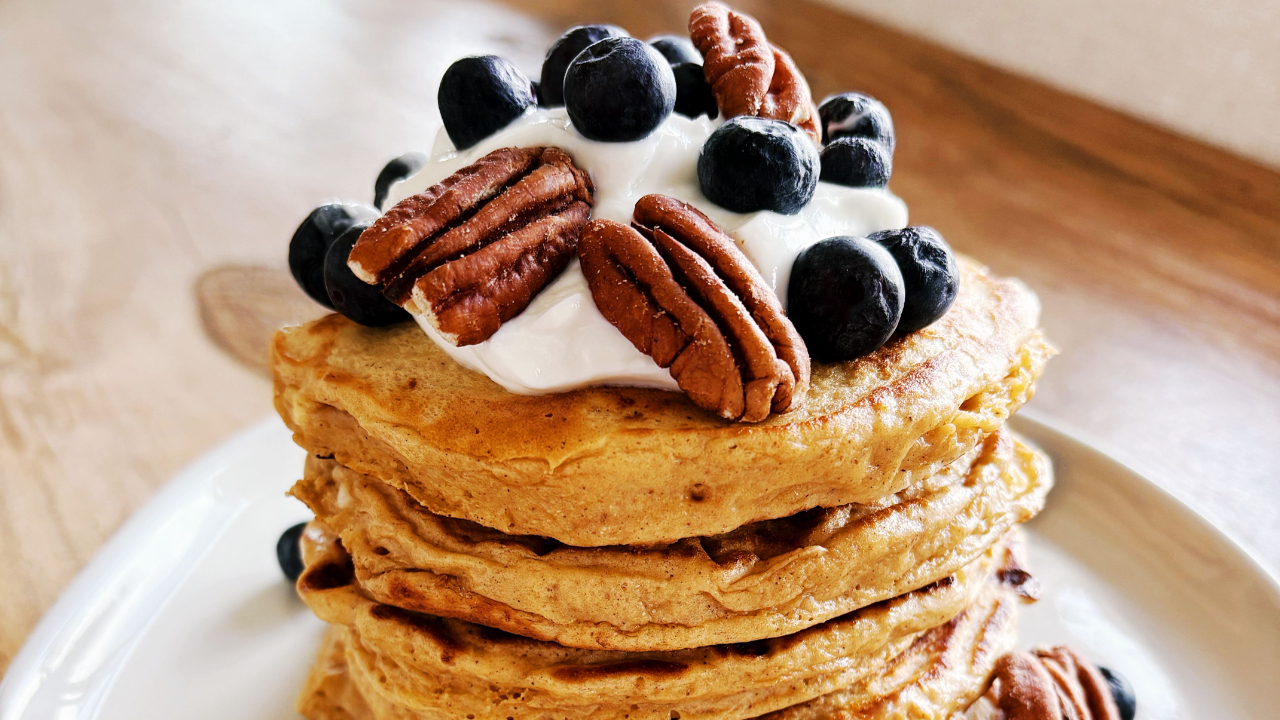Are Popular Diets Helping or Hurting Your Performance?
Nov 08, 2023
Athletes are constantly looking for ways to improve their performance. In recent years, there has been a growing interest in the impact of popular dietary trends on athletic performance. Below is a discussion on 3 of the more popular diets right now.
Plant based diets have gotten a lot of focus lately with the increase in plant-based meats and dairy alternatives on the market. This style of eating includes vegetarians, vegans, and any pattern of eating that places an emphasis on plants as the primary energy source.
Pros: Plant based diets have been show to decrease the risk of certain chronic diseases and cholesterol levels.
Cons: Depending on how restrictive the diet is, you may be putting yourself at a higher risk for vitamin deficiencies such as calcium, iron, and vitamin B12
.
Bottom Line: If this pattern of eating is not restricting calories or any macronutrients, there is no significant performance difference compared to omnivores. If you are considering going plant based, start with a meatless Monday and gradually introduce this type of eating into your lifestyle instead of jumping headfirst into a vegan diet.
The keto diet is a high-fat, low-carbohydrate diet.
Pros: It has been shown to have some benefits with weight loss and improved fat oxidation. Some researchers have found a potential benefit for endurance athletes and weight class sports.
Cons: Studies have also shown that both ketogenic and low carbohydrate diets and be extremely difficult to maintain and can cause decreases in muscle mass (reference below).
Bottom Line: If you are considering this type of eating, try starting with reducing the highly processed carbohydrate foods in your diet first. This might be enough of a change to notice differences in weight and performance. Talk with your healthcare provider and a Registered Dietitian about your blood panels and healthful ways to incorporate higher amounts of fat into your diet if this is something you intend to follow long-term.
Intermittent fasting is a dietary pattern that involves alternating periods of eating and fasting. There are many different types of intermittent fasting, which can make this a difficult diet to study.
Pros: In general, research is finding that fasting may provide benefits to cholesterol levels, blood pressure, and insulin resistance.
Cons: Despite these potential benefits, this pattern of eating has been shown to decrease muscle mass, sprint speeds, increase fatigue, and put athletes at risk for under fueling.
Bottom Line: If you are considering this diet, try an 8-10 hour fast that includes the time you are asleep. This can minimize negative impacts on training and allow you to eat at normal intervals throughout the day. You should also speak with your dietitian and sport coach to ensure you are eating adequately and at times that will still fuel your activities.
So, which of these would be the best to try? There is no one-size-fits-all answer to this question. The best option for athletes is a daily nutrition plan that provides you with the nutrients you need to perform at your best. This may vary depending on the type of sport you participate in and your individual needs. Athletes should focus on eating a balanced plan that includes plenty of fruits, vegetables, and whole grains and avoid fad diets and quick fixes.
Reach out to the eNRG Performance Sports Dietitian team to help you create a pattern of eating that is right for you.
For a great resource, be sure to check out our FREE “Metabolic Efficiency Training” masterclass on the eNRG Performance website.
SUBSCRIBE AND WE WILL DROP SOME HEALTHY INSPIRATION IN YOUR INBOX
We hate SPAM. We will never sell your information, for any reason.







